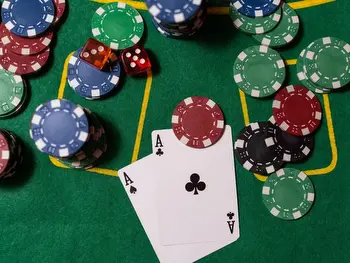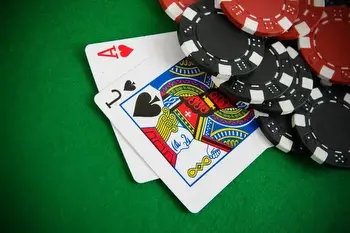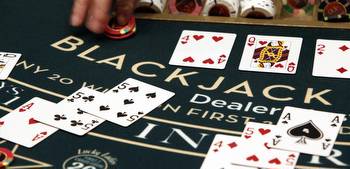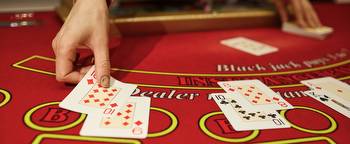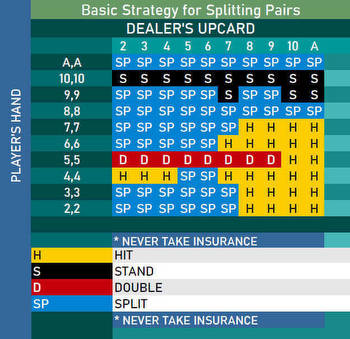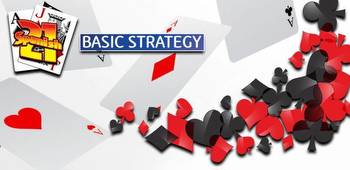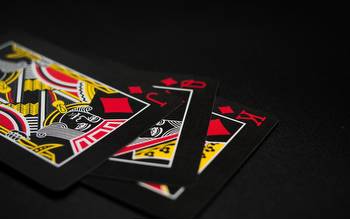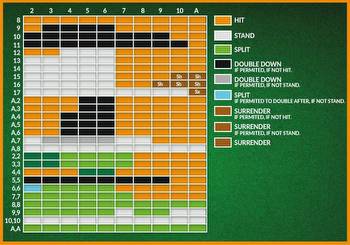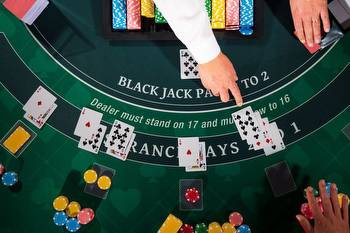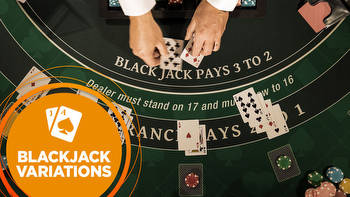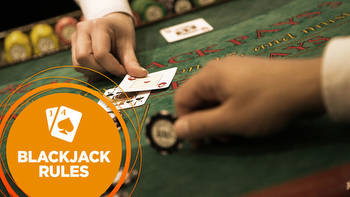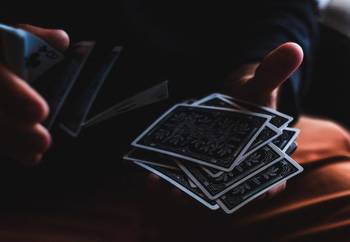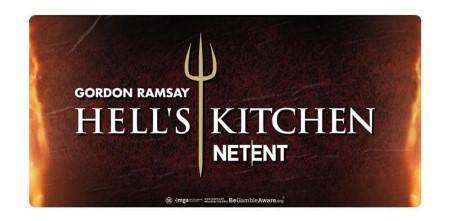How To Win At Blackjack

Catherine Stirland
The game of blackjack is one of the most popular casino table games available at online casino sites. The aim of blackjack is to achieve a card value as close as possible to 21 without going ‘bust’.
Most online games are all down to chance, but with blackjack, you can actually improve your chances of winning by playing to a certain strategy. By learning to make the correct choices during the game, you can reduce the house edge to as little as 1% or even less.
Blackjack combines this skill element with a large dose of luck to create an exciting game that is ideal for the casino gaming floor or for playing online at live casino sites! Blackjack is sometimes called Twenty-One or Vingt-et-Un as the game is all about the number of 21. However, achieving this magic number is not strictly necessary, as you only need to beat the dealer to get paid.
In this guide:
- 6 tips to win at Blackjack
- The history of Blackjack
- Playing Blackjack
- Strategy for Blackjack
- Variations of Blackjack
- Other tips for Blackjack
6 tips to win at Blackjack
1. Learn the rules of Blackjack before you play
This might be obvious, but knowing the rules of Blackjack and basic terminology that dealers and other players will use will give you a much better chance at winning. This is because you won’t make as many mistakes, plus you’ll know all the options available to you in any situation.
2. Understand blackjack strategy so you can keep the odds are on your side
There’s a simplified strategy guide that can help you define your best move in any situation, if you’re playing to win then it’s best that you study and memorise this and learn how to get the odds on your side!

3. Scale your bets based on your performance
If you employ a betting system (like the Martingale system or Paroli system) and strategically raise or lower your bets based on how much you have won or lost, you can improve the RTP of the game and walk away with more money (or just play for longer. Keep in mind, this doesn’t change the outcome of each game, just how much you can win on each game.

4. Find out the rules at the table, so you know which table is worth your time
Different Blackjack tables might employ different rules, which can also mean different odds. It’s worth checking on all the different Blackjack tables and games at the casino to see which
5. Learn to count cards
Though card counting is not considered fair play at any casinos, it can increase your odds of victory. It takes a lot of practice, and if you are discovered employing it at a Blackjack table then a casino can remove you for cheating, but it can remove the uncertainty and help you win more often.

6. Know when to quit
Some games of blackjack give you the option of surrendering if the odds aren’t in your favour. If a hand isn’t looking fruitful, you can opt to surrender to reclaim half of your original bet, which might be the best strategy.
As with all gambling, being aware of your limits is the key to coming out on top. Upping your bet dramatically to chase a loss is more likely to have a negative outcome, and there’s no shame in walking away when you’re on a losing streak.
The history of blackjack
Where it all began
The origins of Blackjack date back to over 300 years ago in France, where it went by the familiar name of Vingt-et-Un.
Initially, this game was based on the 21 premise and the special ‘blackjack’ hand was not a main feature. After arriving in America, the bonus feature of a special hand comprising a black Jack and an Ace was added to the game. This combination was known as a ‘blackjack’ and this attracted a new extra payout.
Blackjack we know today
Although initially a payout with odds of 10 to 1 was suggested for the special blackjack payout, this was soon changed to 3 to 2. Instead of the original Ace and black Jack combination, this new blackjack hand could be created with an Ace and any face card.
Blackjack soon became famous for its combination of skill and luck and it grew even more popular when players realised they could increase their winning chances by playing to a special strategy.
Playing blackjack
The cards
In a game of blackjack, players are dealt two cards to begin with and the dealer gets one card – all cards are placed on the layout face-up. All the cards in the game are valued at face value with the exception of picture cards, which are all valued at 10, and the Ace, which is valued at 1 or 11.
The rules
The options for players in a game of blackjack are to take another card (‘hit’), leave your hand as it is (‘stand’), double your bet in exchange for one more card (‘double down’) or ‘split’ your hand to create two separate hands.
If you go over 21 while playing your hand, you lose your bet straight away. Another option is to ‘surrender’, which means you surrender your hand and lose half your bet at the start of the game. This can be useful if you have a weak hand, such as 16.
How to win
After the game has been played through and all players have made their decisions, if your hand has a higher total value than the dealer’s but is still under 21, you win even money on your bet.
However, if the dealer’s hand is valued higher than yours, you lose your bet. If both your hand and the dealer’s hand have an equal value, you keep your bet. If you have a blackjack you win at odds of 3 to 2, unless the dealer also gets a blackjack, in which case it is a ‘push’ — neither a loss nor a win.
‘Soft’ and ‘hard’ hands
Since its value can change, the Ace is generally viewed as the most powerful card in blackjack. A hand with an Ace valued at 11 is known as a ‘soft’ hand whilst a hand containing no Ace, or one worth 1, is known as a ‘hard’ hand. For example, a 4 and an Ace could make a soft 15. Hard hands are considered more risky since they make the chances of busting much higher if you choose to hit.
Insurance
You can also have the option to take insurance once you have seen your first two cards. This means you place another bet worth half as much again as an insurance against the dealer getting a blackjack. This is often an option if the dealer shows an Ace. If the dealer goes on to draw blackjack, you receive 2 to 1 on your insurance bet and lose your original bet, which results in a ‘push’ overall.
Strategy for blackjack
Searching for a specifically-designed blackjack strategy chart (easily available on the web) can help you to hone and develop a strategy. A chart can tell you exactly what decision to make in any circumstance. GIven the many different outcomes possible during the game, dozens of charts exist.
In short, everything depends on what card the dealer has. A winning blackjack strategy takes into account the move most mathematically likely to beat the dealer’s hand at every turn. In general players tend to keep hitting in order to try and improve their total. If the dealer’s card is a 7, 8, 9, 10 or Ace, you should hit until you reach a total of 17 or more — stopping at this point because you have the best chance of winning without going bust. If the dealer’s card has a lower value like 4, 5 or 6, it is better to hit only until you get to 12 or more.
If your hand totals 11, conventional wisdom says you should always double down. For 10, you should double down unless the dealer has a 10 or an Ace. With a hand of 9, you should double down only if the dealer has a 2, 3, 4, 5 or 6.
The best pairs of cards to split are a pair of Aces or 8s. A pair of 10s, 4s and 5s should never be split. For other values, everything depends on the dealer’s upcard.
Variations of blackjack
Like with many other casino and bingo games, blackjack has a few variations to look out for. Different casinos and bingo sites might play with different house rules which can alter the way the game plays out. For example, most blackjack games require the dealer to stand on soft 17 (17 with an Ace), but some casinos require the dealer to take another card until they hit hard 17 (17 without an Ace).
Other rules variations can affect the number of decks used in the game, which can range from a single deck up to as many as 8 decks.
Splitting and doubling
You might also find different rules played around splitting and doubling. For example, some casinos do not allow you to double your hand after splitting, while others might only allow doubling on certain totals, such as 9, 10 and 11. Some casinos might only allow certain hands to be split, such as 8s and Aces. You might also meet casino rules that do not allow surrender.
Side bets
In addition to rules variations, you can also find optional side bets in blackjack. One popular side bet is ‘perfect pairs’, which lets players bet on hitting a pair with their first two cards. Other payouts can be available for receiving a pair of the same colour.
Poker hands
You can also find Blackjack games that pay extra payouts for hitting poker hands within the game, such as a ‘straight’ (a run of cards in numerical succession) or a ‘flush’ (cards of the same suit).
Other Tips for Playing Blackjack
There are many other considerations when playing online blackjack that can improve your experience.
Keep track
The first is to always keep track of your bank roll. It is easy to keep on doubling and splitting without noticing that you are dipping into your bankroll all the time. It is a good idea to set a limit you are prepared to play with and stick with that.
Doubling and halving
Other ways to enhance your play include using strategies such as doubling or halving after a loss. Some players like to double their bet after a losing hand to try to win their losses back. However, this can be a dangerous path to take if you hit a losing streak. Other players like to halve their bet after a loss to limit their exposure.
One popular option is to keep bets small until you hit a win and then raise your bet. This means that after building up a few wins, you are mostly playing with the house’s money.
Play to strategy
Another tip when playing blackjack is to stick to the strategy chart. For example, surrendering your hand should be a rare occurrence and taking insurance is nearly always a bad idea.
It can be tempting to vary your choices during a game, but all good blackjack players know that playing to strategy will give you the best chance of winning in the long run.
Catherine Stirland is a copywriter, digital marketer and former professional croupier with over 10 years of experience writing about iGaming and has worked at top online casinos including Bgo, Co ...








